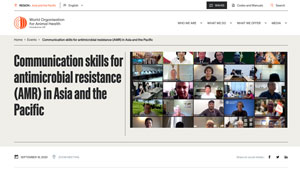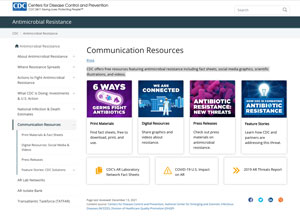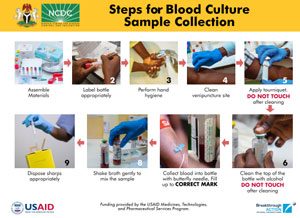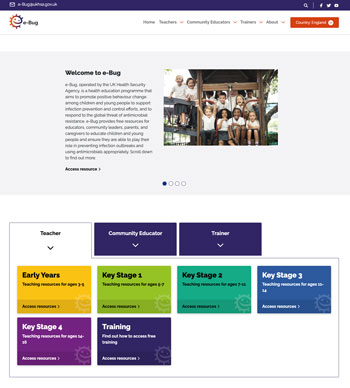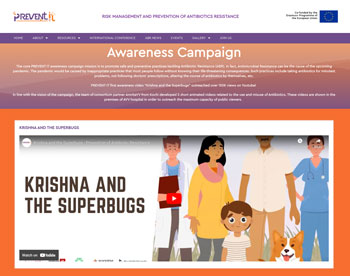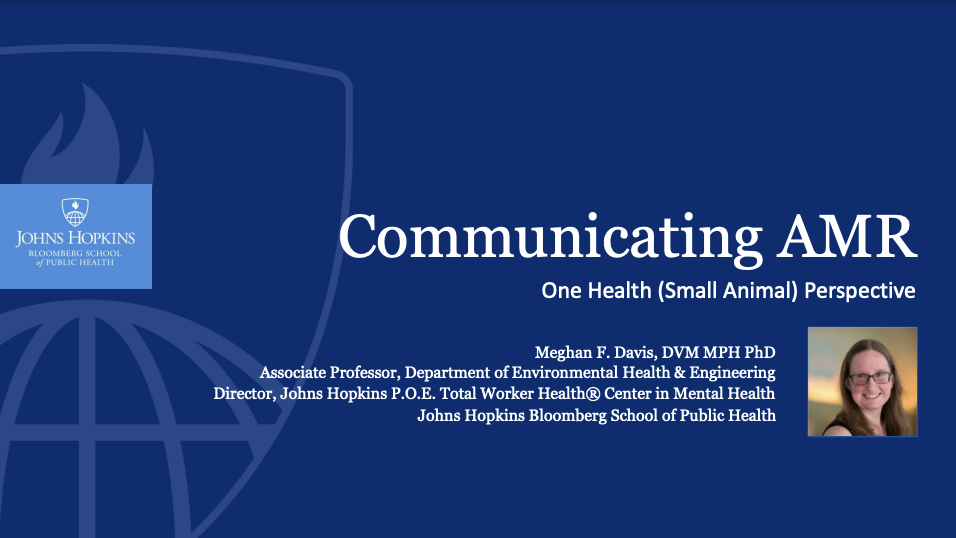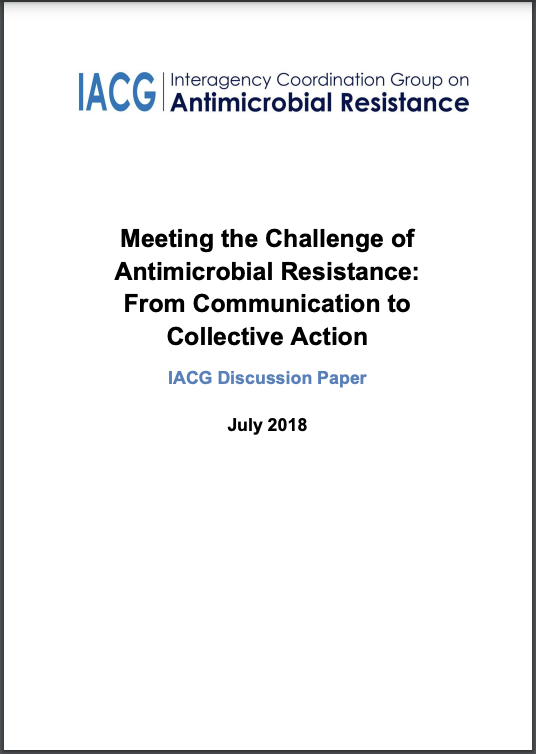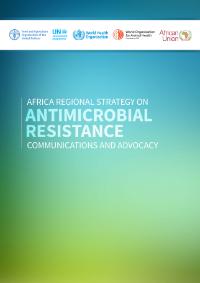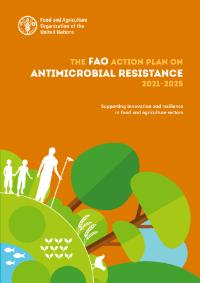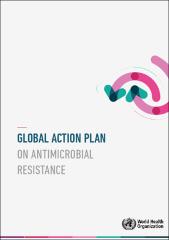Communication skills for antimicrobial resistance (AMR) in Asia and the Pacific
At the OIE virtual meeting to “Review Implementation of Action Plans on Combatting Antimicrobial Resistance (AMR) in Animal Sectors in East Asia” on 8th July 2020, participants identified communication skills as a topic for future training from the OIE. In response to the request, this webinar was arranged on “Communication skills for antimicrobial resistance (AMR) in Asia and the Pacific”. This event was open to participants from across Asia and the Pacific region.
Attendees were briefed on the range of OIE communication tools for AMR, particularly virtual materials. They also received expert advice on targeting communication to the audience for an impactful campaign. The discussion on AMR activities in the region focused on the annual World Antimicrobial Awareness Week (WAAW).
Last modified: September 6, 2023
Language: English
Source: World Organisation for Animal Health
Year of Publication: 2020

